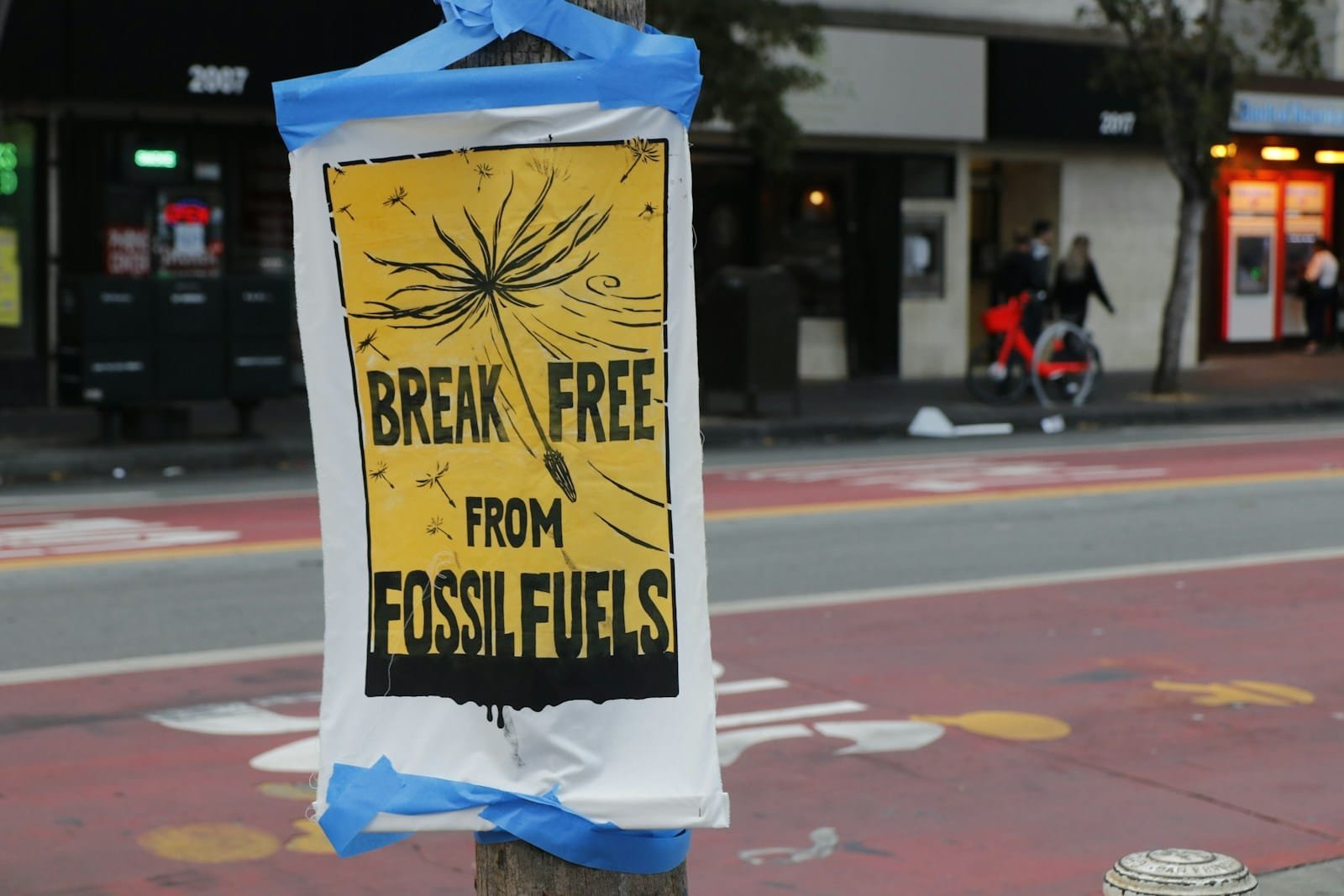Summary
- Big tech companies are utilizing nature-based carbon removal strategies to offset their greenhouse gas emissions, a tactic that has similarities to traditional carbon offset projects.
- Many companies have relied on carbon offset credits from forestry projects to counteract their carbon pollution, but this approach has faced criticism for potentially not leading to real reductions in emissions.
- The Symbiosis Coalition, formed by companies like Google and Meta, aims to purchase carbon credits from nature-based removal projects, but there are concerns about whether these projects will truly have a lasting impact on climate change.
- Nature-based carbon removal initiatives face challenges in measuring their effectiveness, avoiding double-counting, and ensuring that projects lead to meaningful reductions in carbon dioxide emissions.
Key quotes:
- Big tech companies are increasingly turning to nature to do the dirty work of cleaning up their greenhouse gas emissions. The idea is to use plants and ecosystems that naturally absorb CO2 to compensate for industry pollution, a tactic brands have come to call “nature-based carbon removal.”
- Rather than changing the way they do business to reduce CO2 emissions, companies have typically purchased offset credits to essentially buy their way out of the problem. Many companies have relied on carbon offset credits from forestry projects to counteract a majority of their carbon pollution. Each credit represents a ton of carbon dioxide pollution avoided by planting a tree or preventing deforestation. The strategy is often criticized as a get-out-of-jail free card if the company isn’t actually reducing its emissions at the same time — especially if it buys junk carbon credits.
- Nature-based carbon removal can be thought of as an umbrella term that incorporates carbon offsetting and other efforts to restore ecosystems that might be divorced from the risky credit business. Companies could opt to restore ecosystems without the climate strings attached — simply for the value of a healthy ecosystem. Doing so would likely be good for the climate anyway — it just wouldn’t be exploited for carbon credits.
Read the full post at The Verge - Science.





